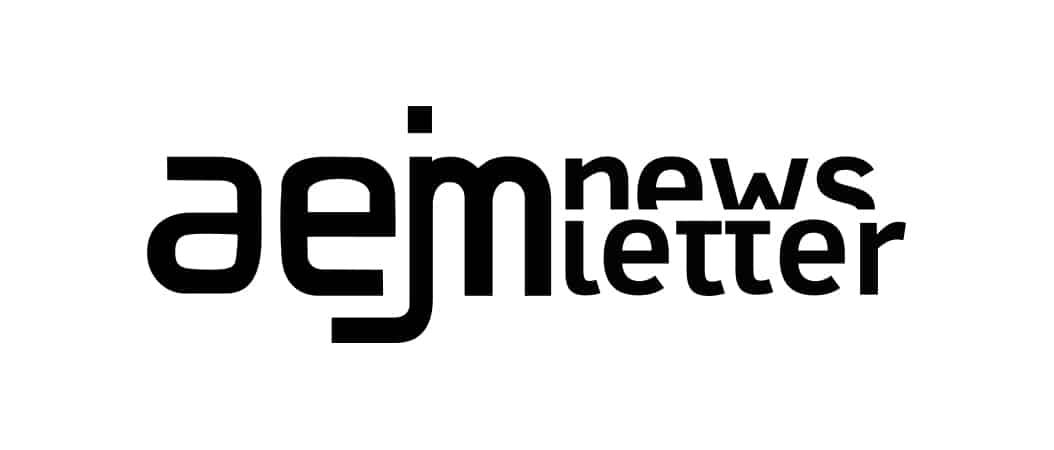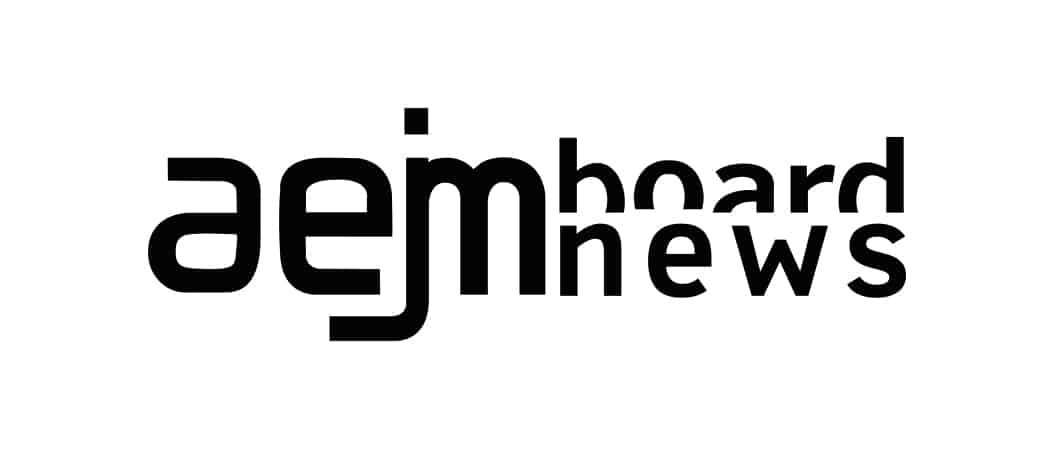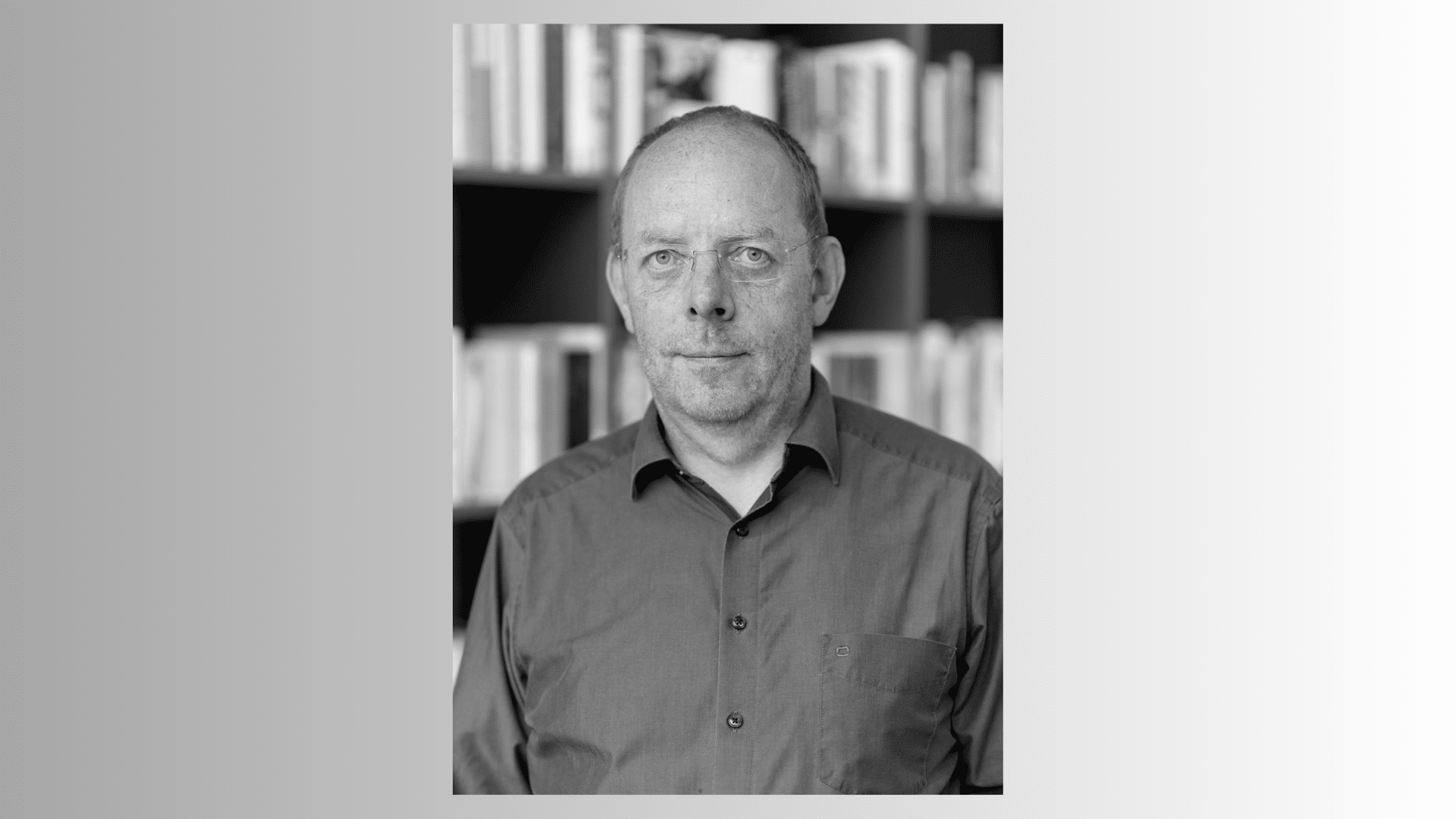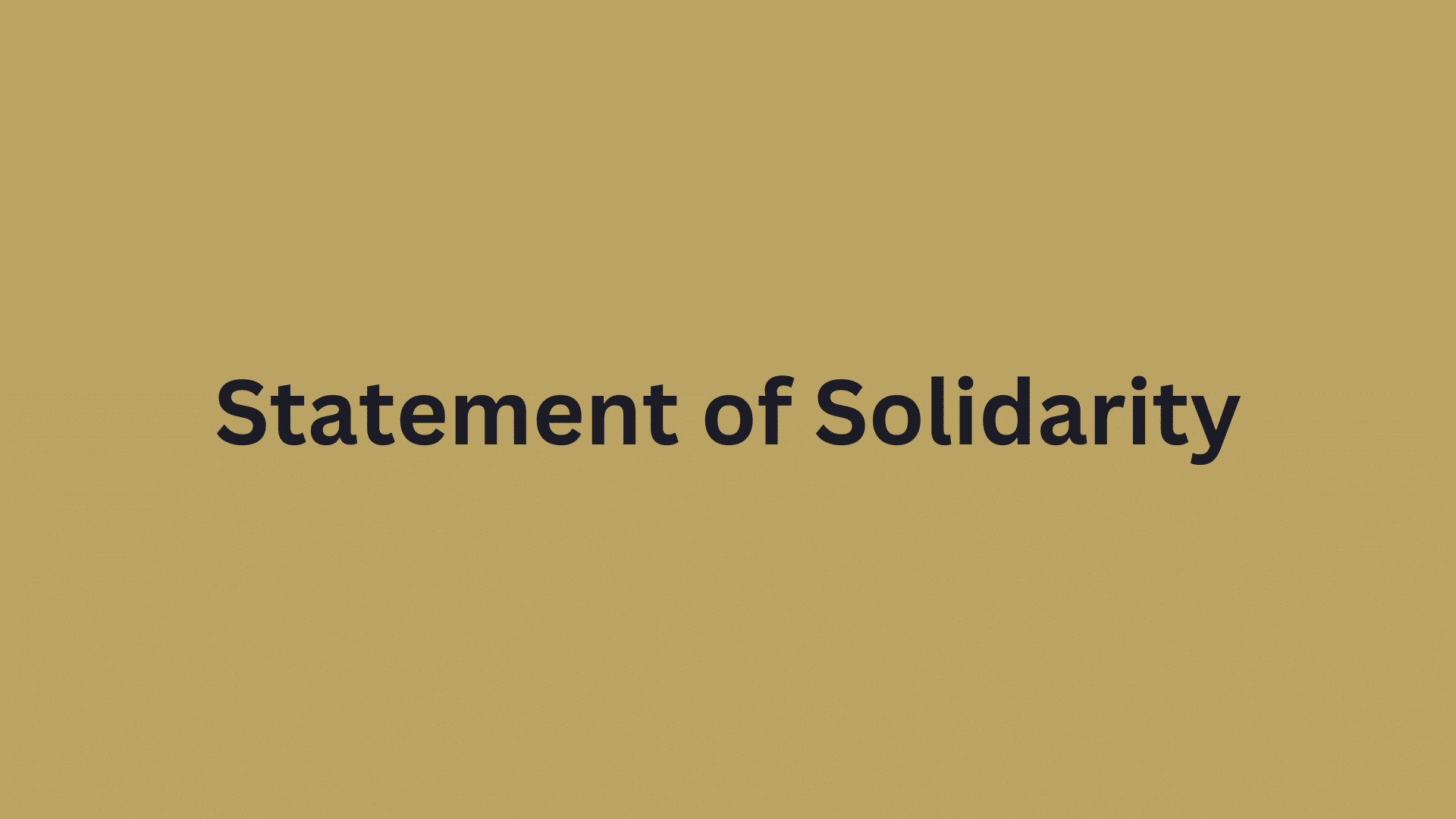 AEJM
AEJM
AEJM Newsletter Archive | 02/2024
To view the complete 02/2024 Newsletter, click here Dear Friends of the AEJM, Dear Colleagues, At the end of March, the…

The Rothschild Foundation Hanadiv Europe welcomes applications for the Spring grant round in all of its grants programmes:
Repositories across the breadth of Europe tell the story of the Jewish presence on this continent, from the Medieval period all the way up to the present day. Often fragmentary, at times fragile and generally underused, these records are some of the last surviving links between historic communities and the contemporary researchers investigating them. To enable and encourage access to documents of Jewish significance, the Rothschild Foundation Hanadiv Europe offers the grants detailed below.
We welcome applications from any organisation or institution active in Europe (this includes non-EU member states, such as Albania, Armenia, Belarus, Bosnia and Herzegovina, Georgia, Gibraltar, Iceland, Kazakhstan, Kosovo, Liechtenstein, Macedonia, Moldova, Montenegro, Norway, Russia, Serbia, Switzerland, Turkey, and Ukraine), where activities qualify as charitable under UK charity law.
Jewish communal life is complex and each country has its own unique features. Nevertheless a common cause of concern is the availability of meaningful, relevant and professional Jewish education in a variety of settings. The Foundation values Jewish education as an integral part of Jewish community life that will sustain future generations of European Jews literate in their own history and traditions.
The Foundation currently supports a small number of organisations to enhance the level of Jewish literacy within their own programmes and encourages the use of local heritage resources, including museums and libraries, as an effective tool for creative educational programmes.
Deadline: 13th March 2019.
Further, two important initiatives listed below complement our grantmaking: Gesher L’Europa – our work with National Library of Israel to create resources for educators and Yesod: focusing on identifying the next generation of educators and offering opportunities to enhance their Jewish literacy and skills.
Museums carry important functions in the preservation, documentation and public dissemination of Jewish heritage: they serve as repositories of historical and religious artefacts, as exhibition venues, as research centres for academics, as educational resources for students of all ages and as cultural spaces for the general public.
The Museums Grant Programme supports the multiple missions of museums in the areas of collections management, exhibitions support, professional development and other curatorial aspects that facilitate access to collections, provide evidence of the presence and contribution of the Jewish community in a particular European area, broaden the range of learning opportunities, engage diverse visitors, raise the professional level of museum staff and increase the museum’s visibility and audience. Preference is given to projects that have a long-term and measurable impact, and that foster exchange and cooperation.
We welcome applications from any organisation or institution active in Europe (including Russia, Ukraine, Moldova and Belarus), where activities qualify as charitable under UK charity law.
Deadline: 13th March 2019.
Jewish Studies in Europe is highly interdisciplinary, inter-institutional and international. To encourage its growth and bolster existing provisions, the Foundation is pleased to offer a grant programme that reflects the collaborative nature of the field, while at the same time encouraging even greater mobility between departments, students, and post-graduate researchers.
Jewish Studies at European institutions spans a broad range of disciplines and geographic regions. This diverse field can include topics ranging from the history of European Jewry and the sociology of contemporary Jewish life to theological studies of ancient Jewish texts and the analysis of Jewish art and literature, and much more besides. The Foundation supports European scholars exploring these topics both through innovative as well as more traditional approaches. In particular, its Research Consortia grants enable academics to combine forces and advance projects that stretch beyond their individual specialisations and departments.
The development of future Jewish Studies scholars is of prime concern for the Foundation. To nurture this next generation and ensure its future success, the Foundation awards Doctoral and Post-Doctoral Fellowships, as well as scholarships for ulpan study, offered through the World Union of Jewish Studies (more information on ulpan scholarships, including how to apply, will become available in March 2019.)
This year to further assist students of Jewish Studies, the Foundation is pleased to introduce specific Fellowships for the teaching Jewish Languages. These Fellowships will enable departments and centres of Jewish Studies across Europe to employ dedicated language instructors for the teaching of, for example, Hebrew, Yiddish, and Ladino. In this way, students will be properly equipped at the onset of their academic careers with the language skills necessary to undertake Jewish Studies research at the post-graduate level and beyond.
Although the Foundation also makes larger grants in support of regional hubs for Jewish Studies in Europe, these grants are by invitation only. Awarded centres work to ensure excellence in teaching as well as inter-institutional cooperation amongst the main Jewish Studies providers and heritage institutions in a given region. Interested institutions are welcome to approach the Foundation, but it will only welcome proposals from the strongest Jewish studies programmes with the most compelling plans for regional cooperation and greatest potential for future impact.
Deadline: 20th March 2019.
 AEJM
AEJM
To view the complete 02/2024 Newsletter, click here Dear Friends of the AEJM, Dear Colleagues, At the end of March, the…
 AEJM
AEJM
In this article, we publish words of farewell and obituaries for our esteemed colleague Bernhard Purin. The Tikvá Museu Judaico Lisboa…
 AEJM
AEJM
The Association of European Jewish Museums is deeply saddened about the passing of Lord Jacob Rothschild Z”L, a true philanthropist whose…
 AEJM
AEJM
We received the shocking news of the passing, last week, of our esteemed colleague Bernhard Purin. Two of his closest colleagues,…
 AEJM
AEJM
The AEJM Board wants to express its solidarity for our board member, Prof. Dr. Mirjam Wenzel, Director of the Jewish Museum…
 AEJM
AEJM
To view the complete 01/2024 Newsletter, click here Dear Friends of the AEJM, Dear Colleagues, In the first issue of our…